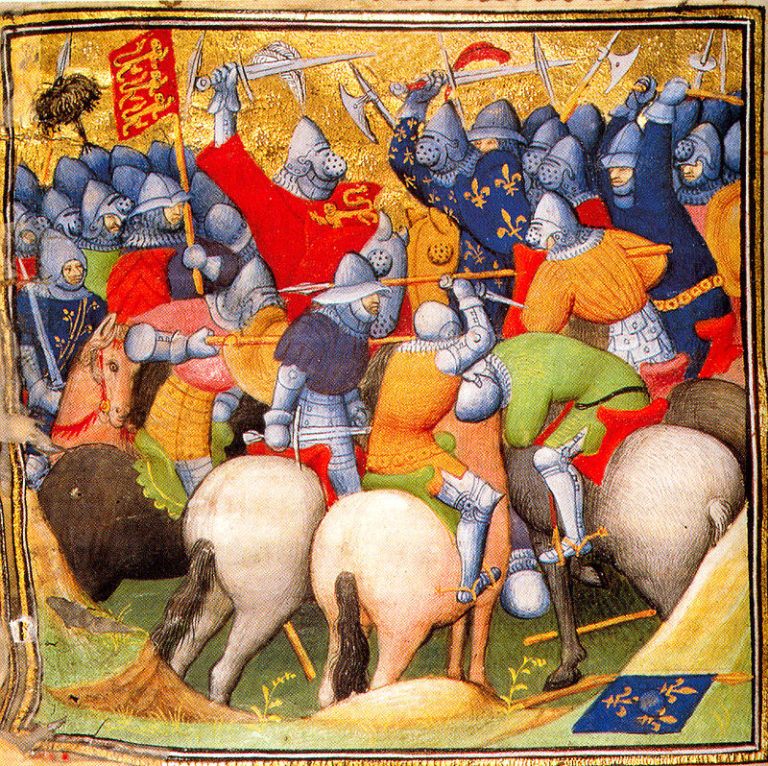

Our job, they seem to imply, is simply to service it as it rolls forward under its own steam, remaking everything in its own image, rebuilding the world, turning us, if we are lucky, into little gods. Other breathless Silicon Valley mavens, from Mark Zuckerberg with his Metaverse to Ray Kurzweil with his Singularity, regularly talk in the same register about where the technium is taking us.

Kelly sees technology growing into something self-aware and independent of its human creators, as he explained in his book What Technology Wants: “It may have once been as simple as an old computer program, merely parroting what we told it, but now it is more like a very complex organism that often follows its own urges.” Take, for example, the Silicon Valley philosopher Kevin Kelly’s pet notion that technology has its own mind and its own purpose: that through the web of what he calls “the technium”, something is using us to create itself. Today we can, in fact, still talk about these strange, underlying forces as long as we use the correct language. As for St Paul’s famous notion that the world is subject not only to nature but to “ principalities and powers” which wish us ill: this kind of talk was supposed to have been wrecked on the shores of the Enlightenment, never to be seen again.īut the powers and principalities didn’t die in the shipwreck of the old world, they just took on new forms. It can just about cope with Christ if he has been brought down to our level - made into an activist or a defender of culture or a “cosmic” manifestation of the self - but it has nothing to say about Anti-Christ, who blows the whole story sky-high. It can deal with Ginsberg, but it doesn’t want to talk about Moloch. Usually this is easier to talk about in poetry or fiction, for the age doesn’t look kindly on anything which can’t be quantified. Ginsberg, it seemed, could also sense that the spirit of his age was not under human control, either out in the world or in his own soul and mind. More from this author The liberal order is already dead Moloch whose love is endless oil and stone! Moloch whose soul is electricity and banks! Moloch whose poverty is the specter of genius! Moloch whose fate is a cloud of sexless hydrogen! Moloch whose name is the Mind! Moloch whose mind is pure machinery! Moloch whose blood is running money! Moloch whose fingers are ten armies! … In Howl, he identified the forward march of industrial modernity - and especially the hypocrisy and brutality of the American empire - with the pagan god Moloch, who demanded human sacrifice from his devotees: He had a different interpretation of its source - or perhaps he was just using a different name. ‘On the contrary’, he says, ‘I believe this to be the most obviously Christian epoch, which might be quite close to the end of the world.'”Ī decade or so before Illich was writing, the Jewish Beat poet Allen Ginsberg was also attending to the dark spiritual undercurrent of the age. His biographer David Cayley explained in a recent essay that Illich’s work “ emphatically rejects the idea that ours is a post-Christian era. First the Church, and then the supposedly “secular” liberal states which had succeeded it, had attempted to transmute Christian love into obligation and enforce it by law, thus twisting it into a new form of oppression. The modern West was still Christian, he said, but it had disastrously attempted to codify the spontaneous expressions of love which Christ had shown to be God’s desire for humanity within systems and institutions. For Illich, any claims that we lived in a “secular age” were nonsense. The heterodox Catholic philosopher Ivan Illich, who died in 2002, also believed we were living in the time of Anti-Christ, but for different reasons. To this age, he wrote, “the word ‘Satanic’ can indeed be properly applied”. What was going on, he said, was something akin to a spiritual war, and as a Sufi Muslim he wasn’t shy about naming its antagonist.

But Guénon was not simply talking economics or politics. He called this the “reign of quantity”, and predicted its future collapse. In his two books ( The Crisis of the Modern World and The Reign of Quantity and the Signs of the Times), Guénon laid out his notion that the modern world had deteriorated into a realm of pure materialism as a result of what he called the “Western deviation” from eternal truth. The French mystic and thinker René Guénon, who was doing his best work nearly a century back, was one of them. Generally the reward for their perspicacity is to be ignored or laughed at, but luckily they are usually far enough from the centre not to notice or care. Throughout history, the poets, the prophets and mystics have usually done a better job of predicting the future than pundits, politicians or scientists.


 0 kommentar(er)
0 kommentar(er)
